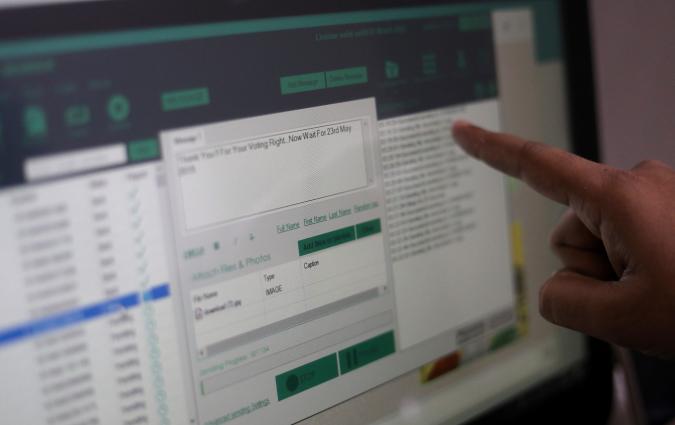The Internet’s Democratization Effect in Authoritarianisms with Adjectives: The case of Ethiopian participatory media

Reuters Institute Fellow's Paper
Abiye Megenta, an Ethiopian journalist and a Reuters fellow last year, has written a paper on the effect of the Internet on democratization in Ethiopia. Its title is ‘The Internet’s Democratization Effect in Authoritarianisms with Adjectives: The case of Ethiopian participatory media.’ An abstract of his paper is as follows:
'Pronouncements of the internet’s potency as a tool of democratizing authoritarian states are hardly unfamiliar. In this study, I explore the veracity of such claims in Ethiopia, which is ruled by a regime that displays most of the characteristics of authoritarianism, but is often labeled as semi-authoritarianism, electoral dictatorship and competitive authoritarianism. Using a maximalist conception of democracy, the study examined the impact of the country’s participatory media in expanding democratic spaces in Ethiopia. My finding suggests that while the Ethiopian government has increasingly become adept at monitoring and surveillance of the internet, the participatory media have improved the intake basin, accessibility, the capacity of filtering for political relevance and accreditation as well as synthesis of the public sphere.'
As with all Fellows’ research papers, any opinions expressed are those of the author and not of the Institute.




